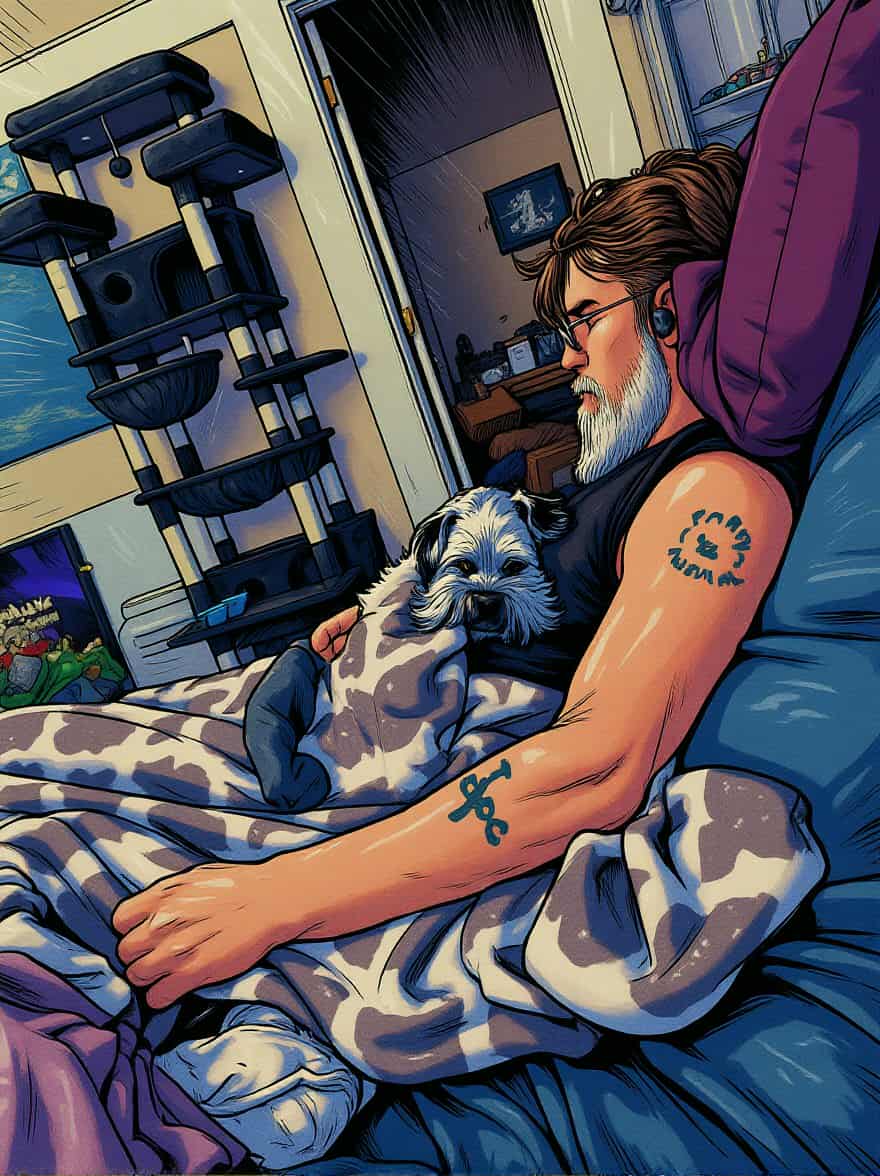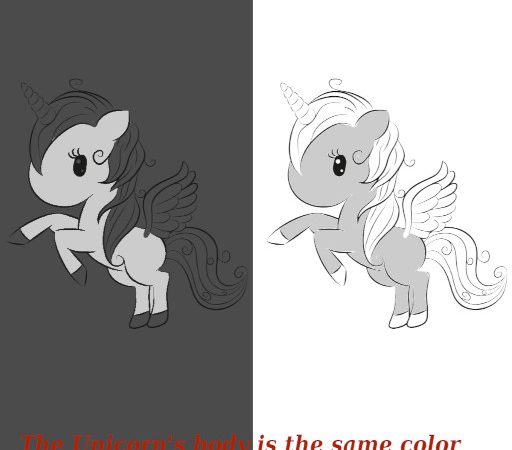The Unspoken Parts of the Puzzle
On seizures, silence, and the quiet strength of love
Living in a home where life-limiting illness abounds, it’s easy to forget about the quieter pieces of our puzzle—especially those that haven’t been on center stage for a decade or more. When I married this strong southern man, I knew he had a seizure disorder. But it was so well controlled by medication that we hardly spoke of it. There was just that one time, shortly after he came here, when he had a grand mal seizure. We chalked it up to an issue with not taking his meds, and soon returned to our fairytale world of happy endings.
Even his first neurologist thought he probably didn’t need any of his many anti-seizure medications. He suggested Michael could fast-track stopping all of them. Instead, we chose a gentler path—discontinuing only the Depakote, because in his fifties the risk of liver failure was too high. Kepra, though, was safe, and we kept it in place.
Two years later, we almost let ourselves believe the neurologist was right. Maybe he didn’t have seizures anymore. And then the unthinkable happened.
I can’t describe the horror of an epiluctus seizure. The gasping sounds of a body fighting for air, the guttural terror of minutes that stretch into lifetimes. The aftermath of unresponsiveness—what felt like forever on the phone with paramedics, then hours in the ER with my eldest by his side.
The truth is, he doesn’t remember any of it. Only “waking up” at the hospital. And the deeper truth is, he doesn’t talk about it. Not ever. People use the word seizure casually, sometimes as a joke about dancing or sneezing, and those offhand comments cut to the core. Because he knows. He knows how dangerous his condition is. He knows the next time could carry him further than he can return.
Tonight in the kitchen, Martha gently told Michael what had happened. She said, “You were afraid, and you kept locking eyes on Karma. Each time you pulled away from the paramedics’ touch, she reached out and held your hand. She calmly explained that you had a seizure, that the strangers in the room were there to help, and you kept focusing on her face as she reassured you.”
Michael listened quietly. He said that in his earlier hospital experiences back east, everything had often been a blur — quick visits, quick discharges, medical teams who didn’t always stay long enough to really understand what was happening. This time felt different. This time, he had someone he could focus on and trust in the midst of the chaos.
And Martha said softly, “You have that now.”
Later, when we were alone, Michael turned to me and said simply, “It means I love you deeply.”

And so today has been a day of rest, if not recovery. Little Shelby sleeping on his chest, her small body rising and falling with his. She is the only other one in this house who knows first-hand what he went through. Even though she’s been free of seizures for the better part of a year, I am sadly reminded that her future too is unknowable.
So I returned to watch the rhythm of their breathing together to bring me back to this present moment, which is all we really ever have. I smiled as I looked at them and saw that she fits so well into the quiet puzzle pieces of this strong man’s heart.
And maybe I do too.






